Global auto industry invested in the electric car at $90 billion
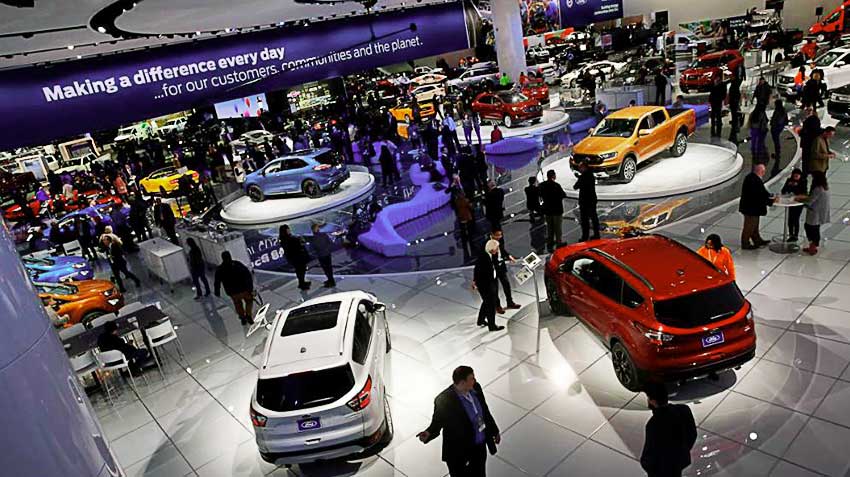
Despite the giant investments in the global automotive industry in electric vehicles, they occupy only 1% market

Despite the giant investment of the global automotive industry in electric vehicles, they occupy only 1% of the market. These truly huge money pouring into a tiny segment on today is less than 1% of 94.5 million cars sold in the last year, where Tesla Inc. Elon musk with line only three models barely break bar sales in 100 000 electric vehicles were a dominant player. The investments of car manufacturers in electric vehicles, announced to-date include in itself is not less than $19 billion in United States, $21 billion (¥135 billion) in China $52 billion (€42.3 billion) in Germany.
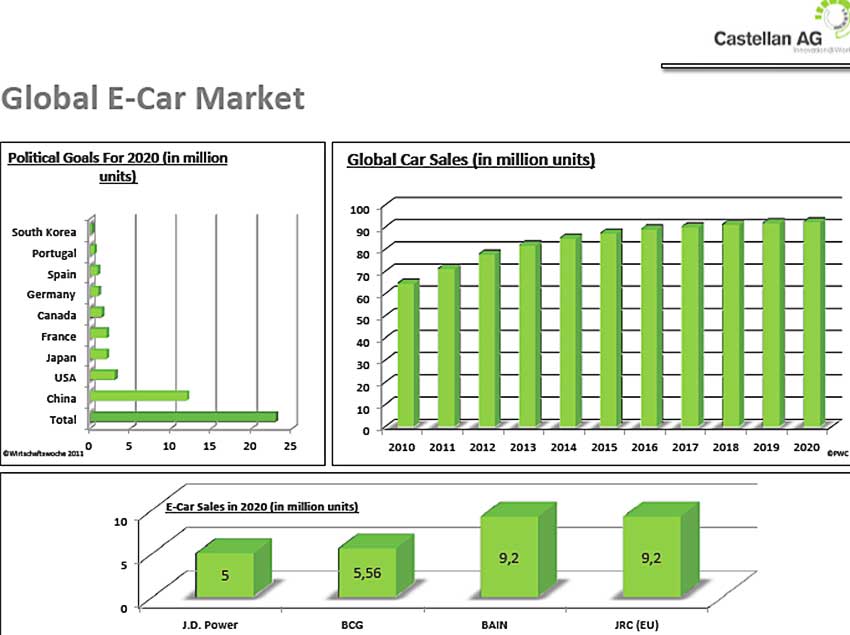
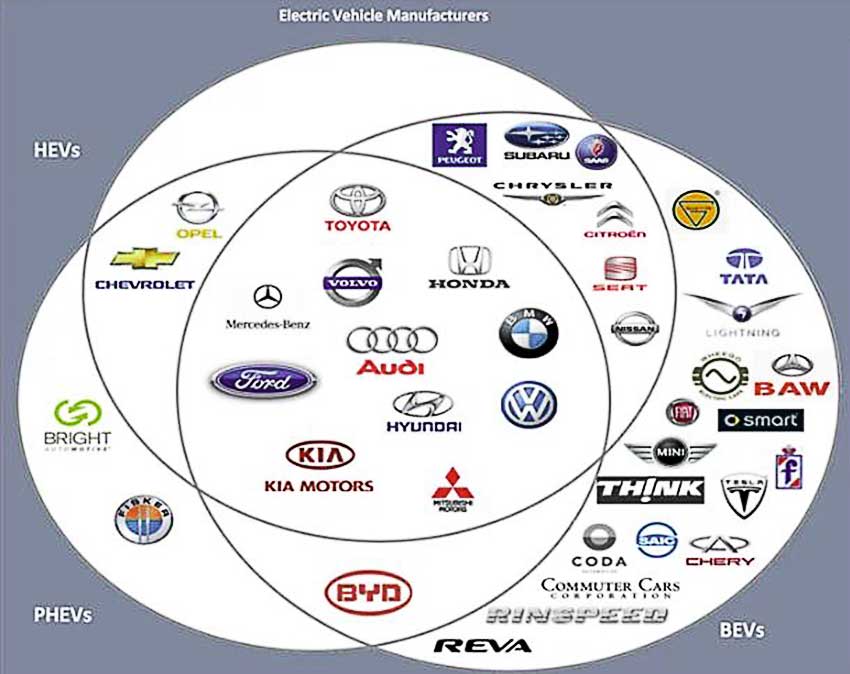
American and German automakers said in an interview, the data in the sidelines of the auto show in Detroit that the bulk of these investments designed for China, where the government has implemented a firm policy of escalating quotas for obligatory sale of a certain number of electric vehicles each brand, starting with 2019.
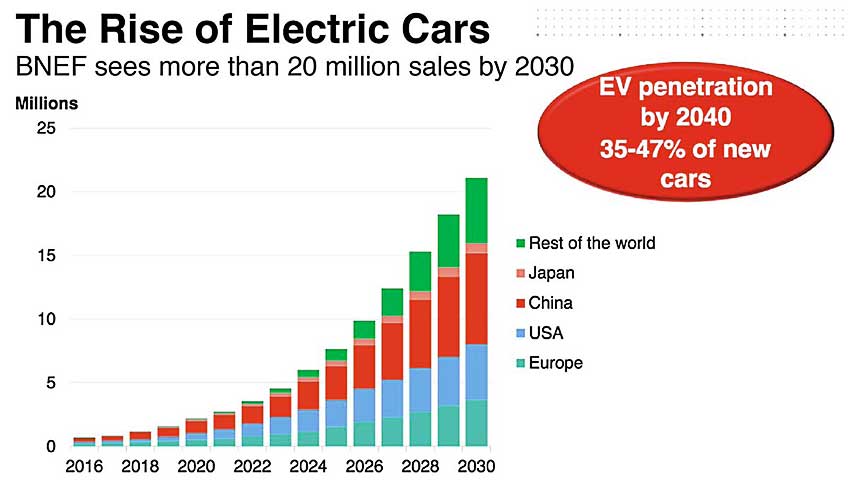
Leading automakers also have begun to respond to pressure from the part of the regulators in Europe and California, aimed at the reduction of carbon dioxide emissions from fossil fuels. They also under pressure of shareholders focused on the success of Tesla in the creation of electric sedans and crossovers that inspire potential customers, the company is awash with pre-orders. In the next five years, almost all autoproduzioni intend to introduce dozens of new battery and hybrid models, most of them in China. But the leaders of these global corporations continue to question: does the mass consumer for all of these vehicles batteries?
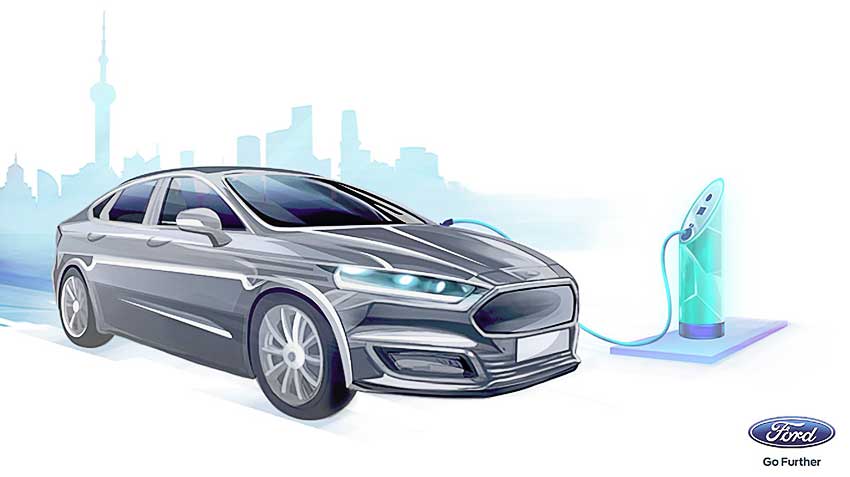
So, Ford Motor CEO bill Ford Jr. said at the opening of the North American international auto show in Detroit: "Well, we have invested $11 billion, but now the question arises, will our clients with us?".
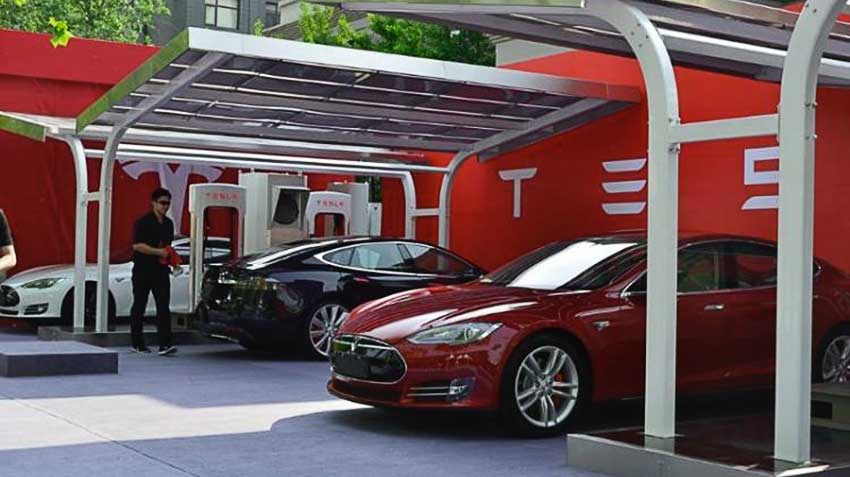
"Tesla will inevitably face the real competition," said Mike Jackson, CEO of AutoNation Inc. the largest us network of automotive retailers. By 2030 he said, he expects that electric vehicles can take 15-20% of the market for new cars in the United States.

"Although now that Tesla is the most famous manufacturer of electric vehicles, but soon this field will play literally all of his sworn friends," said Daimler AG CEO Dieter Zetsche.
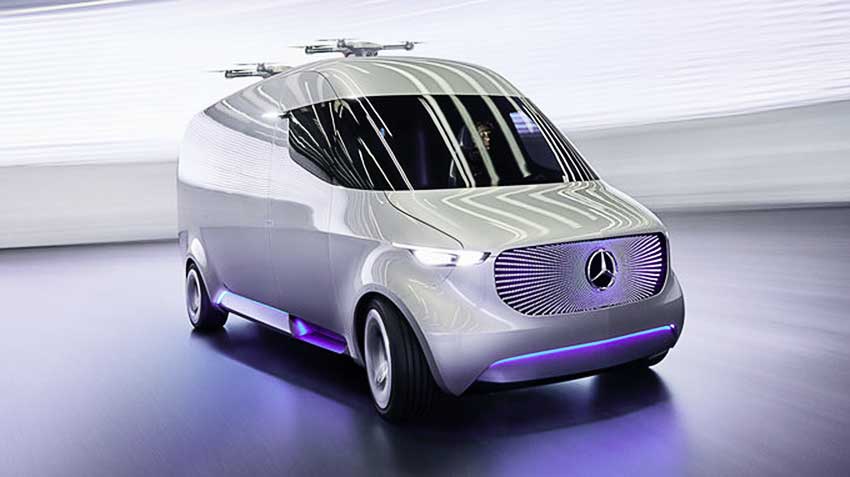
Directly by the company Daimler AG said it will spend not less than $11.7 billion (€9.5 billion) on issue 10, battery and 40 hybrid models and, in General, intends to electrify its entire range of vehicles – from a miniature settarov to super-heavy trucks.
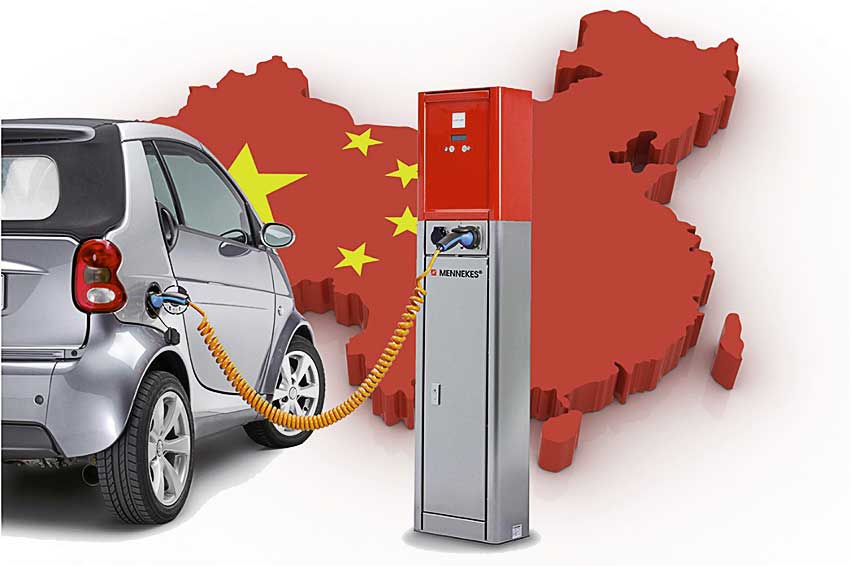
"We will see whether the demand for our electric cars or we will all hunt for a single customer," said Zetsche: "In the end everything will be the client."
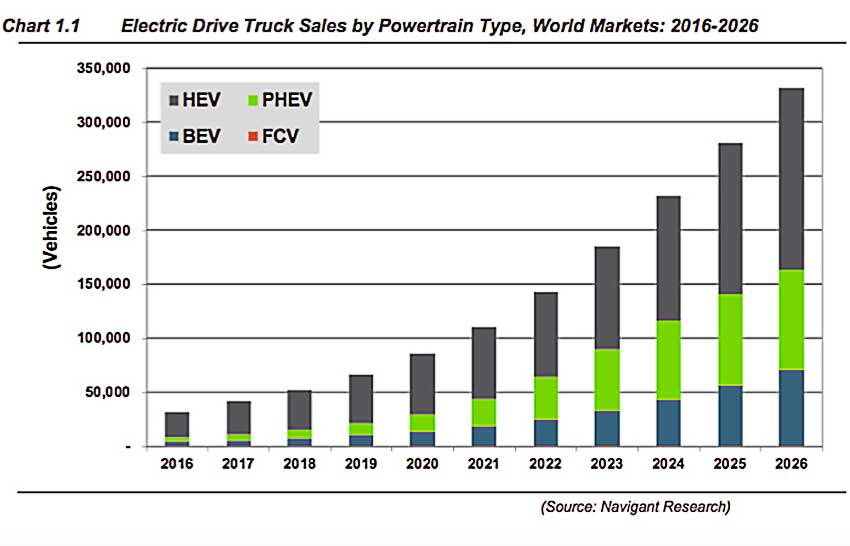
At the moment, Nissan Motor Co Ltd., replacing their 7-year-old model LEAF – to still the best selling in the world the electric car will become the only automaker in the world, offering in directly soon a new affordable electric car (LEAF II), which will bring on the market more and more fierce competition and, of course, will create a precedent of new war prices.
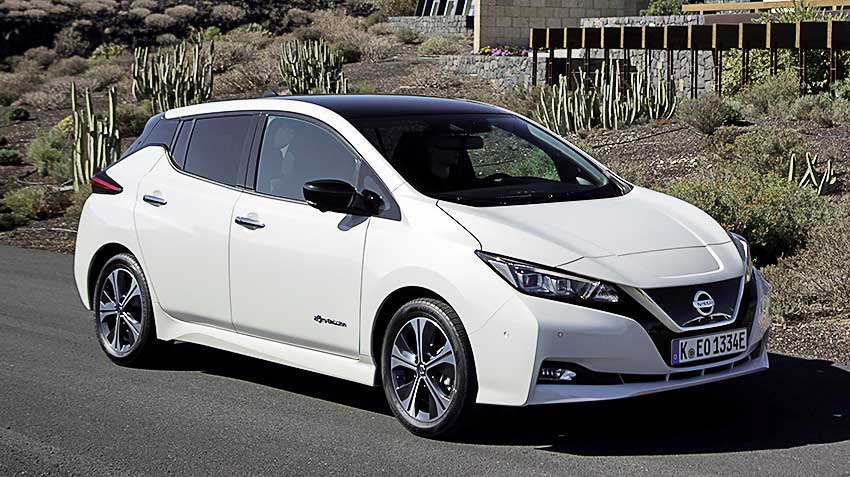
Jim Lentz, the CEO of the North American division, Toyota Motor Corporation, said Toyota has achieved a 3 per cent share of the world market, for 18 years developing a line of hybrid cars. Hybrids are less expensive than battery electric vehicles, not require new charging infrastructure, and not encumbered by the restriction on the reserve. "What will have to do to win 4-5% of the world market for battery electric vehicles? This process will be even longer," said Lenz.
The world's largest investor in the electrification on today was the concern Volkswagen AG, which plans to spend $40 billion to 2030 for creating electric versions of its 300 global models.
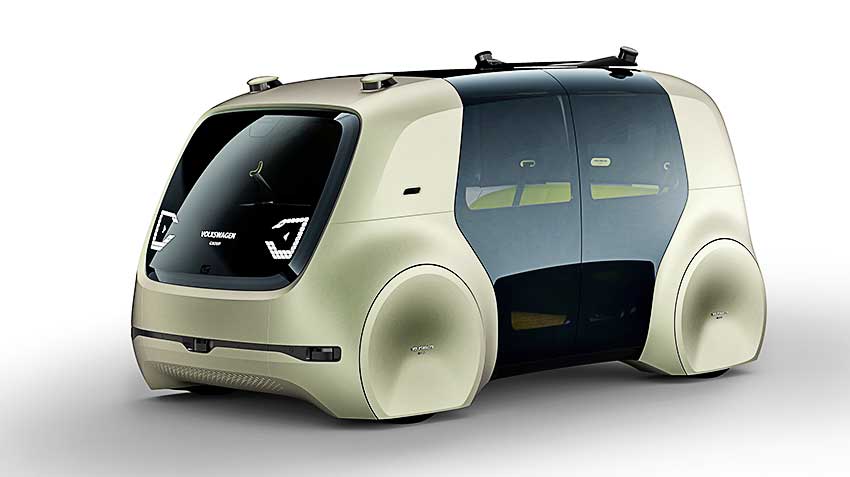
In the U.S. the General Motors Co. described the plans for introduction to 2023 20 new electric vehicles in the batteries fuel elements; most of which will be built on a new specialized modular platform, the debut of which is scheduled for 2021. The Executive Director of GM Mary Barra is not said, how many major automakers will spend on electric. According to the President of the Cadillac division, Johan de Nysschen, most of the investments will be made in China, where the GM Cadillac brand will lead a "crusade" of the company in the market of electric vehicles. According to him it is the Cadillac brand will "play a Central role" in GM's strategy to promote electric vehicles in China and will present as yet unknown number of models based on the future in electric mobility platform GM. Some of these "electrocardigram" may be collected directly in China, stressed Nissen.
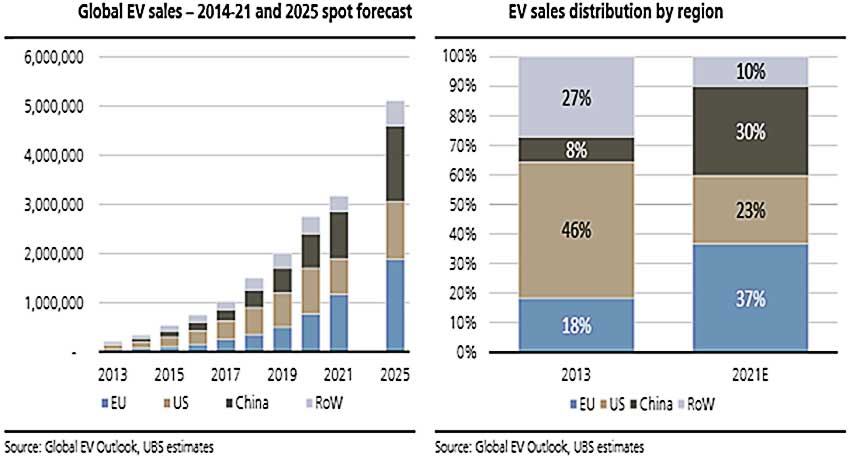
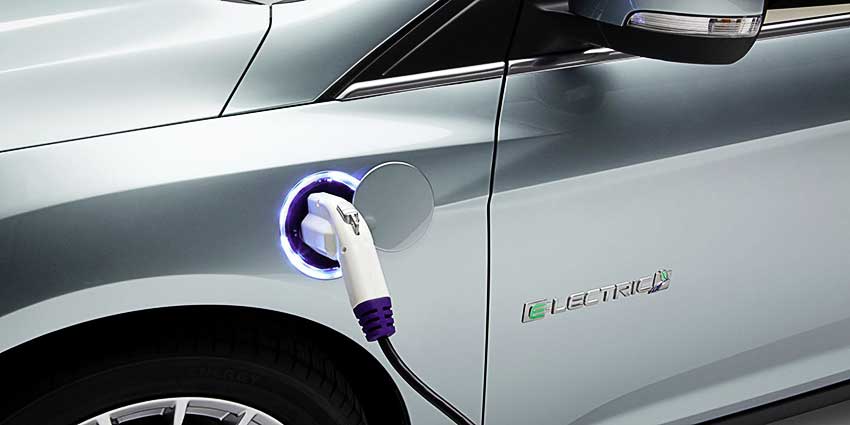
Its not less aggressive investment plans unveiled almost all Chinese automakers, including a local partner of Ford, VW and GM.

However, does not every multinational automaker intends to go so aggressive on electric vehicles. So, the CEO of Fiat Chrysler Automobiles N. V. (FCA) Sergio Marchionne said that it is not make sense to announce more specific plans with the exact number of new electric cars and added that his company is not under pressure, but works to reduce emissions in compliance with the ever-increasing requirements. "we do not Have the oversight of the temple of the gun," said Marchionne. And all the to him, electric cars are likely to become mandatory in Europe due to increasingly strict standards for emissions of vehicles.
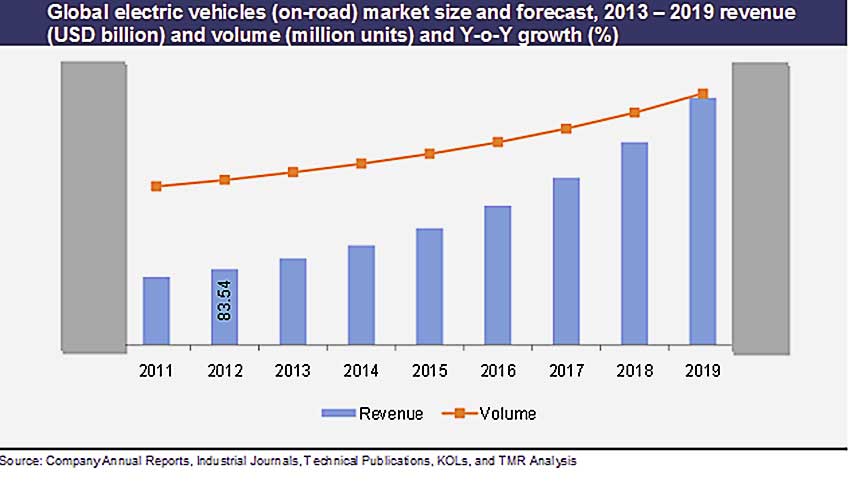
However, for his company, the transition to electric vehicles, which really don't happen in the next decade is likely to result in losses not too big share on the market of EV. This conservatism that is FCA, on today, as they say confirm cases, for example, the transfer of production of a huge RAM pick-UPS from Mexico, USA, it can be costly in the case of new economic shocks in the future.
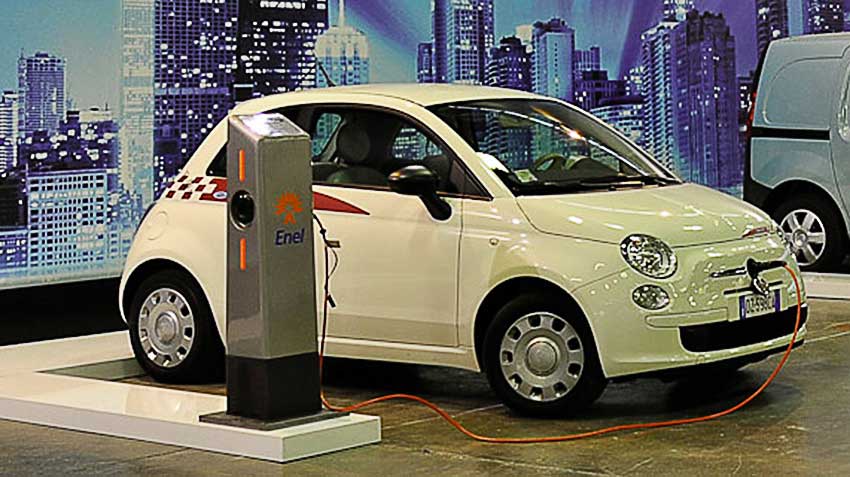
PS of the Domestic leading manufacturers in the face of AVTOVAZ, GAZ Group and KAMAZ topic of electric vehicles on today is doing, it is likely optional, and the emphasis is made on the gasification (also, however, advancing, not too actively), and best, electric bus, which goes through a deliberate policy of the municipal authorities of the Russian cities. Another question is how this policy is technologically, financially, yeah and socially justified.
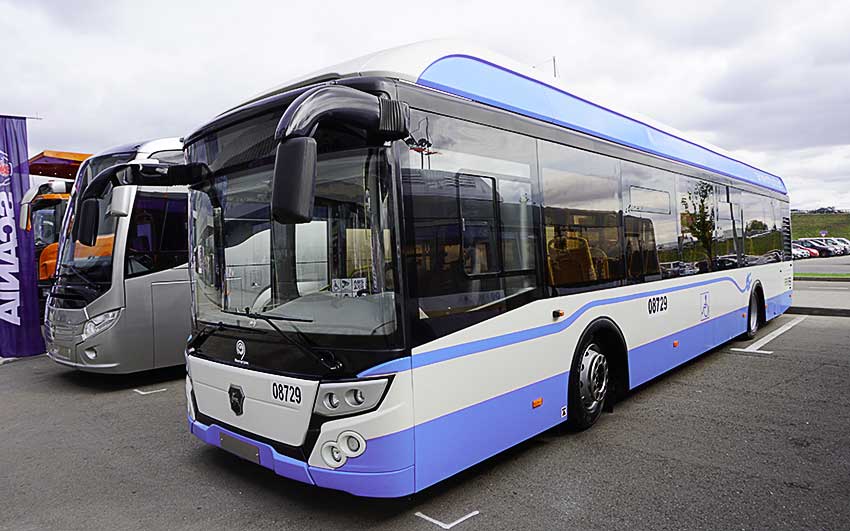
|
|
|








